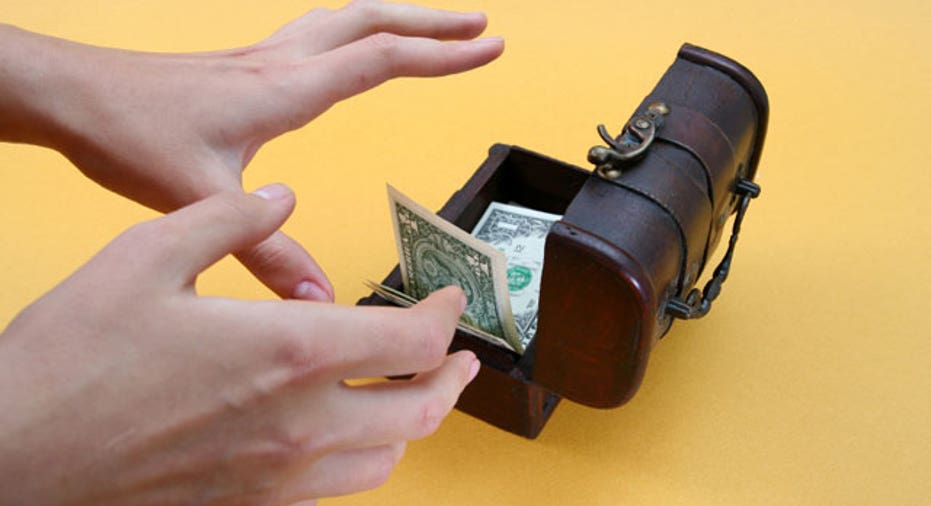Three Simple Steps For Early Money Management

Dear Opening Credits,
My goals are to learn to manage debt, save for a down payment on a home, create an emergency stash and have money to travel. Is there any advice you can give to a 20-something trying to learn to be responsible with her finances?
-Melissa
Dear Melissa,
I'm impressed! You've got some clear and realistic financial goals, and that's a rare for someone your age. I also want you to be on top of your money -- not just because it's the right thing to do, but because it will make you feel fantastic. After all, the opposite is being out of control, which inevitably leads to frustration and not getting what you want out of life. I'm also a big fan of saving for travel -- it's a big fabulous world out there, but traipsing around can cost many dollars, euros, yen and nairas.
With finances as well as traveling, you'll need a map to stay on course, so here's one for you:
1. Get a credit card. If you don't yet have plastic, get a credit card now. Because you're 21, you won't need to jump through the same hoops as your younger counterparts, but without a credit report indicating that you've been a responsible borrower, qualifying may still pose a challenge. Now, you might have a credit history even without a credit card if you took out a student loan. Or maybe you financed a car with the help of a parent's signature. In either case, your balance and payment pattern is being listed on the reports. If you've paid on time and don't owe too much, you may have established yourself enough to get an unsecured credit card. If not, a secured card might be your best bet. Other potential options include a retail card at your favorite store or having someone else co-sign on an account for you.
2. Charge wisely. Credit cards do allow you to pay for goods and services over time, but interest will be added to the balance that you roll over, causing the items to be more expensive than they should be. Also, you'll have to come up with at least the minimum payment, which can strain a budget. Therefore, the best way to manage debt is to not have any. How? Use the card only when you know for sure that you can pay the entire balance when the bill comes in.
3. Save money. Analyze your spending and income to know how much you can commit to savings each month. Then, open a savings account and start to deposit that amount. Aim for accumulating three months' worth of essential expenses for emergencies. After that, reroute that cash allotment for your adventures, saving it in a separate account. I presume you'd like travel within a year or so, so you can't count on interest to help your deposits grow, but if you were to save $167 per month, you'd have a sweet $2,000 in a year. That will get you someplace fun! For your down payment, open a money market savings account, as they're better for goals with a longer achievement time frame. If you were to set aside $250 per month, you'd have nearly $16,000 in five years, assuming 2% annual compounded interest.
This all may sound simple, but I know it's not. You'll get lost along the way. Maybe you'll spend a little too much here and there, allow balances to swell or fall short on savings. If that happens, don't get discouraged! Go back, find out where you went astray, and return to the right path. It's amazing how much you'll learn about yourself when you survive and recover from mistakes.



















